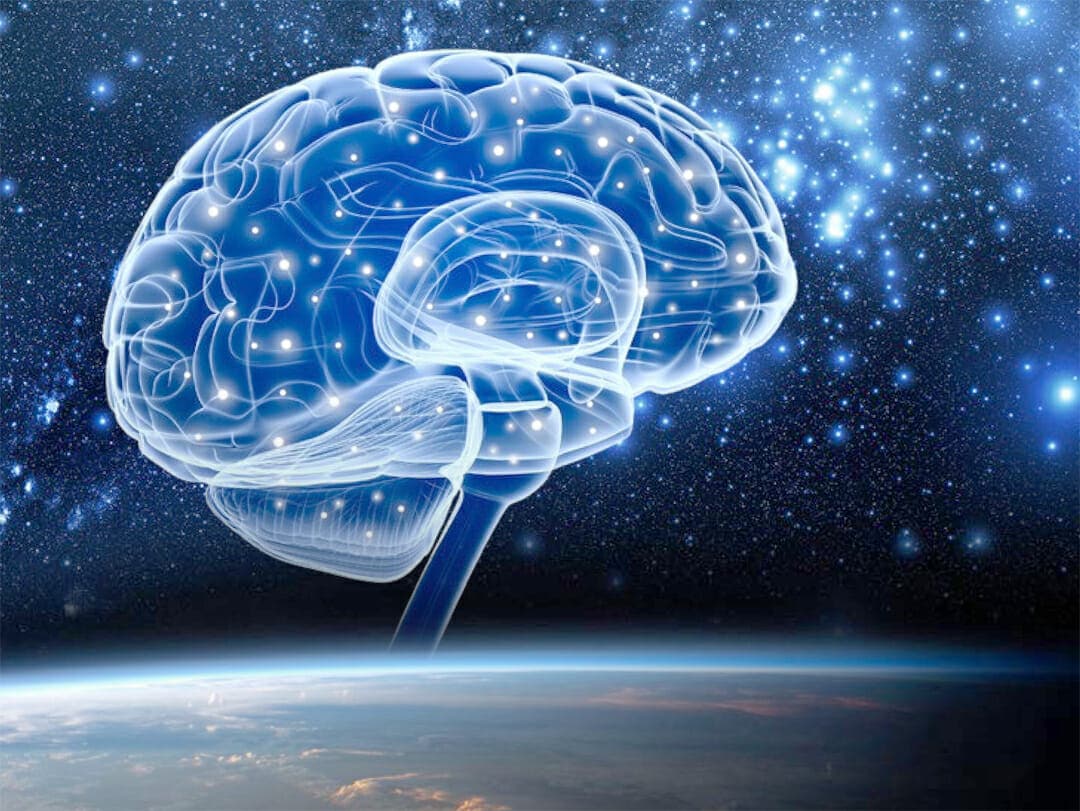
In 1997, members of the Heaven’s Gate cult prepared themselves for what they believed would be a spaceship coming on the tail of the Hale-Bopp comet to pick up true believers. Many of them engaged in a mass suicide to “shed their Earthly containers,” but there was a small problem — the spaceship never came.
The members of the cult who didn’t kill themselves returned to the store where they originally purchased an expensive telescope needed for spotting said flying saucer. Demanding a refund, they stated that they were able to find the comet but not the spaceship; therefore, there must have been something wrong with the telescope. Obviously.
Many of us have a hard time admitting when we’re wrong, but, even more so, we don’t like admitting that something about our logic (or belief systems) is flawed. So we rationalize, justify, and sometimes fictionalize our stories, telling rose-colored lies to downplay our mistakes and make our choices and behaviors seem less faulty.
Rationalization — it’s what helps us sleep better at night.
Right about now, you’re probably shaking your head, thinking “I don’t do that,” but you do. No one is immune to self-justification to some degree, and that’s okay because recent research findings suggest that these behaviors aren’t entirely our fault. Our brains work in overdrive to preserve our self-image and support our attitudes, even when evidence indicates otherwise.
The mind reassures us, and because of this we often don’t realize that it is shaping our behavior. Mental stunts that take place when we rationalize result from cognitive dissonance, a term coined by the social psychologist Leon Festinger. Cognitive dissonance occurs whenever a person holds two conflicting ideas, beliefs, or opinions, so we try to find ways to reduce it and let our minds rest easy.
For example, some people smoke two or more packs a day although they know that cigarettes are rather harmful. Many of them try to convince themselves that it’s not the case, with ingenious and self-deluding justifications: “Smoking isn’t really as harmful as people say” and “Smoking helps me relax and ward off stress — a health risk in itself.” That’s because dissonance makes us uncomfortable. Depending on the person, the side effects and their intensity can be experienced at different degrees.
Self-justification not only tries to make sense of our mistakes and bad decisions, it also allows us to blur the discrepancy between our actions and our moral convictions. As we use it to keep our self-esteem in balance, we become oblivious to the white lies and reassuring words we whisper to ourselves. In fact, research has proved that the brain has optical and psychological blind spots that enable us to invest in the delusion that we aren’t so delusional.
Brain MRI scans show that when we’re confronted with dissonant information and use rationalization to compensate, the reasoning areas of our brains essentially shut down while the emotion circuits of the brain light up with activity. In other words, emotions trump logic. Researchers have also concluded by this information that once our minds are made up, it’s hard to change them; even reading information that goes against our initial point of view only adds to the justifying that we were right.
To investigate cognitive dissonance, neuroscientists at the University of California, Davis, used functional magnetic resonance imaging (fMRI) to study the brains of volunteers who were made to experience the psychological pain of clashing beliefs and actions. Specifically, volunteers spent blocks of time inside the cramped fMRI tube while being distracted with a task. Afterward, they were asked to answer questions about their nonenjoyable experience.
Researchers wanted to induce cognitive dissonance, so the subjects were then asked to answer the questions again. The aim was to get them to state that they enjoyed the overall experience. Some of them were told that a nervous patient who needed reassurance would read their answers. Another group of participants were told that they would be paid $1 each time they answered the questions as though they were enjoying the scanner.








